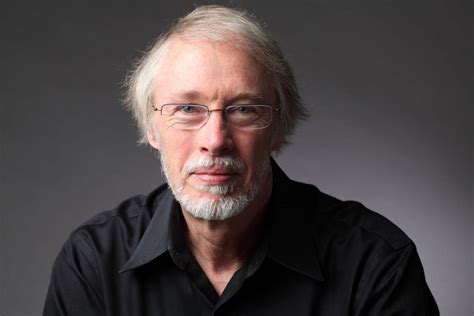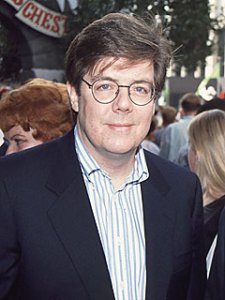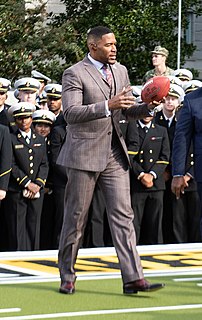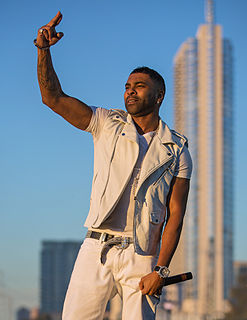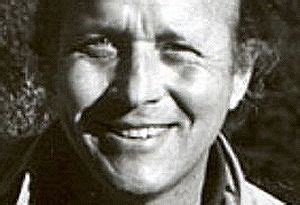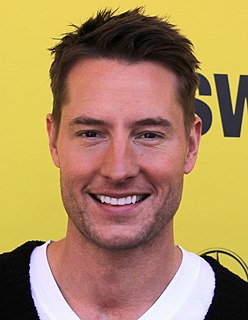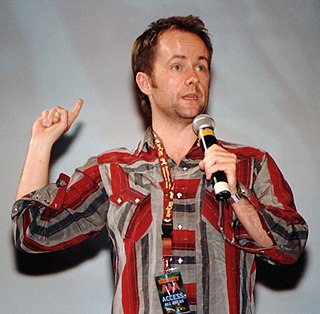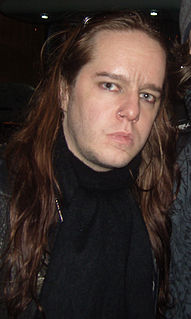A Quote by Molly Ringwald
I think once you're a mother, you kind of always see your kids as a baby anyway no matter how old they get.
Related Quotes
Every relationship has at least one really good day. What I mean is, no matter how sour things go, there's always that day. That day is always in your possession. That's the day you remember. You get old and you think: well, at least I had that day. It happened once. You think all the variables might just line up again. But they don't. Not always. I once talked to a woman who said, "Yeah, that's the day we had an angel around.
If your kids see what you eat, they will probably eat it, too. I'm not going to use the old-school policy of what my mother did and say to my kids, 'Well, if you are hungry enough, you will eat what I put on the table!' I think my kids have an understanding that if they see what their parents do, they should follow, too.
At 36, I think I was pretty happy [actually], but here's the thing that I think happens... you're expected to be somewhere at 36, and there's that feeling: At this particular age - especially for women for God's sake - you should have this many kids, you should have a husband, or you should have this... and it's overwhelming. So that perpetuates the feeling that no matter where you are, no matter how much money you have, no matter how many kids you have, no matter how great they're doing, whether you want kids or not, married or not, it doesn't matter - you feel behind.
Other people--grandparents, sisters and brothers, the mother's best friend, the next-door neighbor--get to be familiar to the baby. If the mother communicates her trust in these people, the baby will regard them as delicious novelties. Anybody the mother trusts whom the baby sees often enough partakes a bit of the presence of the mother.
How do you make your kids read more? It needs to be presented as a joy and a privilege to get to do it, and the kids should get to see you as a parent reading for your own pleasure. It's not something you send your kids off to do, 'Go into your room and read for 15 minutes or else.' It becomes a task then.
I think of the chimp, the one with the talking hands. In the course of the experiment, that chimp had a baby. Imagine how her trainers must have thrilled when the mother, without prompting, began to sign her newborn. Baby, drink milk. Baby, play ball. And when the baby died, the mother stood over the body, her wrinkled hands moving with animal grace, forming again and again the words: Baby, come hug, Baby come hug, fluent now in the language of grief.

